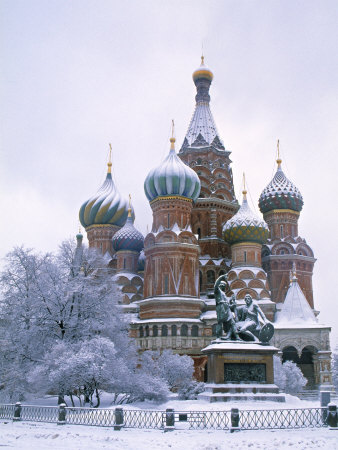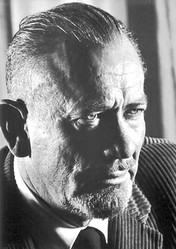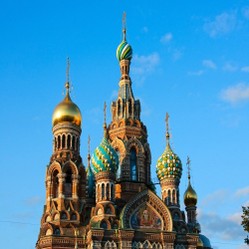This is a land where the weight of history is felt most strongly in inter-family conflicts. There are elderly people who remember the suffering they experienced under the Soviet regime, there are the young who experienced the sudden changes of perestroika, and there is now a generation who experienced neither. The results are that many people are in need of psychoanalytical support.
To this end, both The Russian Revival Project and their Russian trainee colleagues have worked extremely hard to ensure the successful completion of their Jungian dream. From the broadcast, it is obvious that it has been a steep learning curve for all involved. But now, in 2013, after fifteen years of commuting to Russia on a regular basis, The Russian Revival Project is about to hand over the reins to their Russian professionals. Jungian analysis is up and running in Russia.
On the banks of the River Neva is the Jung Institute of St Petersburg which this year is expected to be internationally recognised by the IAAP as a group of Jungian psychotherapists existing independently, but part of the outside world. Similar programmes can be found in Moscow and others are beginning all over Russia.
This is a significant development - but most importantly, Russians now have access to analytical support where opening your mouth to speak about your inner self is no longer regarded as an act of betrayal, but a journey to healing.
Sources:
- To Russia With Jung, BBC Radio 4, 17th September 2012.
- Abstract: Post-Soviet Placebos: Epistemology and Authority in Russian Treatments for Alcoholism by Eurgene Raikhel. Published online, 5th December 2009.
- The Russian Revival Project website
Copyright: Kathleen Duffy











 How to Choose a Walking Cane or Stickon 08/01/2014
How to Choose a Walking Cane or Stickon 08/01/2014
 Michael Miller Fabulous Fabric Swatches for Quilting, Crafts etcon 07/02/2014
Michael Miller Fabulous Fabric Swatches for Quilting, Crafts etcon 07/02/2014
 The Drama of Life in the Rock Poolon 06/08/2014
The Drama of Life in the Rock Poolon 06/08/2014
 The Flâneur - Symbol of Modernity in 19th Century Parison 05/09/2014
The Flâneur - Symbol of Modernity in 19th Century Parison 05/09/2014



Comments